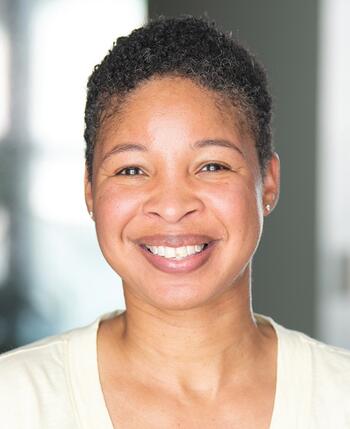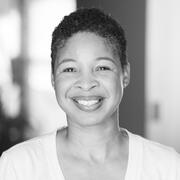“Children don’t come in pieces,” Marian Wright Edelman, founder and president emeritus of the Children’s Defense Fund (CDF), reminded her staff daily. Her message resonates with me in this contentious struggle for public education and, ultimately, the future of Black and Brown children. Anti-democratic laws and policies produce hostile environments, demonstrating that education is the battlefield for justice. The treatment of children from communities experiencing systemic oppressions—those at the intersection of race, gender, poverty and geography—will determine the fate of our democracy. Equity across the continuum of education is essential for the pursuit of justice and the expansion of democracy.
We must boldly redefine the narrative of education by recognizing that the continuum of education is lifelong—it stretches from the cradle to adulthood. This progression means expanding the notion that education occurs solely in schools to include home, readiness programs, libraries, voting districts and much more. Narrow views of education have been used to justify limitations put upon our youth and the neglect of inclusive practices. It’s not enough to know one part of the continuum; we must take a holistic approach and learn how multiple systems influence the trajectory of a child’s life.
“It is a time not just for compassionate words, but compassionate action.”
—Marian Wright Edelman
Through the lens of this inclusive continuum of education, Learning for Justice unapologetically centers the narratives of children made vulnerable by systemic oppression. By addressing the inequities to which these young people are subjected, we work to create a society that doesn’t diminish the narrative of others but embraces the narrative of all. Education is a collective movement, not simply the means for individual upward mobility. When not burdened by the structures of white supremacy, education can increase equity and instill lifelong values of justice.
This magazine issue highlights the inseparable struggles for equitable education and democracy. LFJ Senior Writer Coshandra Dillard explores the learning experience at The Civil Rights Memorial Center, connecting past, present and intersecting freedom struggles. And disability rights activist Keith Jones reminds us that while we’ve made progress, the equity movement fails to fully reflect the diversity of human experience. We also feature stories that advocate for models of equity and justice. Writer Anthony Conwright examines discipline reform to disrupt the school-to-prison pipeline, while Dorothee Benz, Ph.D., points out positive models of immigrant communities supporting students. Melanie Willingham-Jaggers and GLSEN highlight attacks on LGBTQ+ students’ rights and urge us to create affirming learning spaces. Parents, caregivers and communities are powerful collaborators in inclusive education and thus Ivory Toldson, Ph.D., advises centering diverse parents in conversations about critical race theory (CRT). Writer and educator Britt Hawthorne provides insights into raising anti-racist children who will become global citizens. And Lydia Bates of SPLC’s Intelligence Project highlights models to protect youth and counter manipulative information during this time of political and social turmoil.
The struggle for democracy is dynamic and vibrant, and at its heart is action. From the time a limited form of democracy was introduced, abolitionists and activists across a 400-year span challenged the institution to expand—that struggle is foundational to our country. Today, through our work in education and advocacy, we steadfastly answer that same call to action by promoting equitable education that centers children from communities that have been disempowered. I am inspired by the Maasai tribe in East Africa, whose traditional greeting to one another is, “How are the children?” During these polarized times, we must ask that question along the continuum of education—and be intentional in our actions to prioritize the well-being of children experiencing systemic harm. Let us live the words of Marian Wright Edelman: “It is a time not just for compassionate words, but compassionate action.”



0 COMMENTS